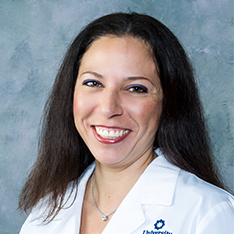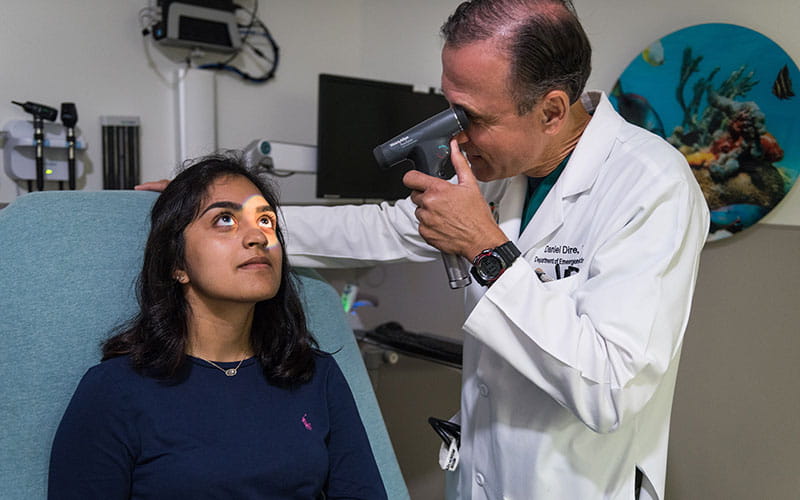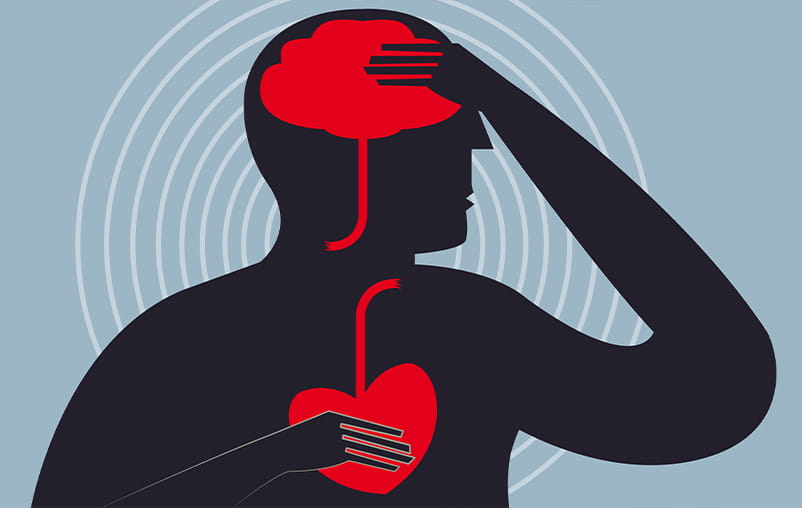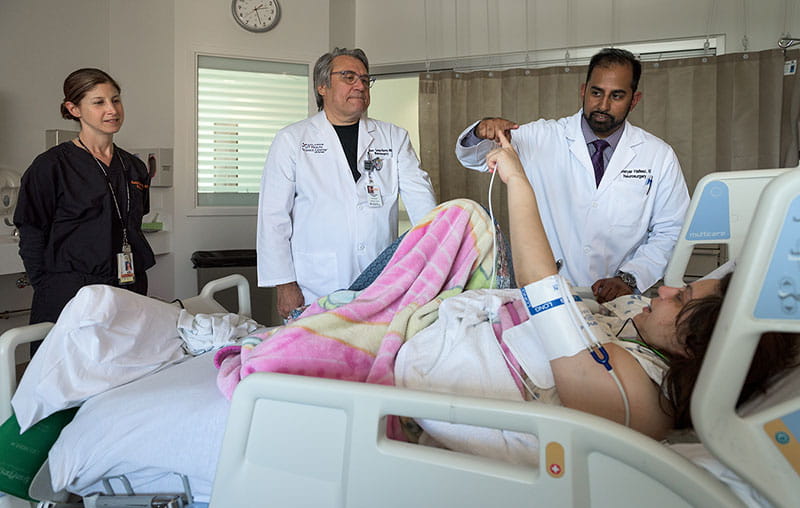The number of people with dementia has risen over the years. Dementia is a broad term in brain function that can include memory loss and impairment in learning new tasks. Alzheimer’s accounts for about 60-80% of the different kinds of dementia.
“There’s no specific cause for dementia, but it’s a loss of neurons in the brain that conduct signal,” said Dr. Katherine Whiteley, a family medicine physician at University Health.
What Causes Dementia?
While researchers are still trying to pin down exact causes of dementia, Dr. Whiteley said people with less education may be at a higher risk.
“If a person grew up and they only got to second grade, they can’t read or write very well, they say that increases risk (for dementia),” Dr. Whiteley said.
Risk factors for dementia
- Poor diet and exercise
- Excessive alcohol use and smoking
- Diabetes
- Poor cardiovascular health
- Depression
How do you know if you have dementia?
Dr. Whiteley said the family of a person with dementia will notice the signs. “The family will notice that maybe they told their mother to go get dressed, and they check on her 20 minutes later and she still hasn’t gotten dressed," Dr. Whiteley said. "Maybe she got distracted and started doing something else.” Confusion and difficulty handling tasks are two signs of dementia.
Cognitive changes with dementia
- Memory loss, which is usually noticed by someone else
- Difficulty communicating or finding words
- Difficulty with visual and spatial abilities, such as getting lost while driving
- Difficulty reasoning and handling complex tasks
- Overall confusion and disorientation
Depression is also a red flag for dementia, and with increased isolation from the COVID-19 pandemic, dementia numbers are on the rise.
“If an elder is spending a lot of time alone and they’re isolated, maybe they watch TV all day, they’re not keeping track of the calendar or the news,” that could be a warning sign of dementia, Dr. Whiteley said.
Family Medicine at University Health
Schedule an appointment with a family medicine provider at University Health if you suspect a loved one is showing early signs of dementia. Senior health services at University Health also offers abundant resources for San Antonio's older population, so you can enjoy a longer, healthier life.





